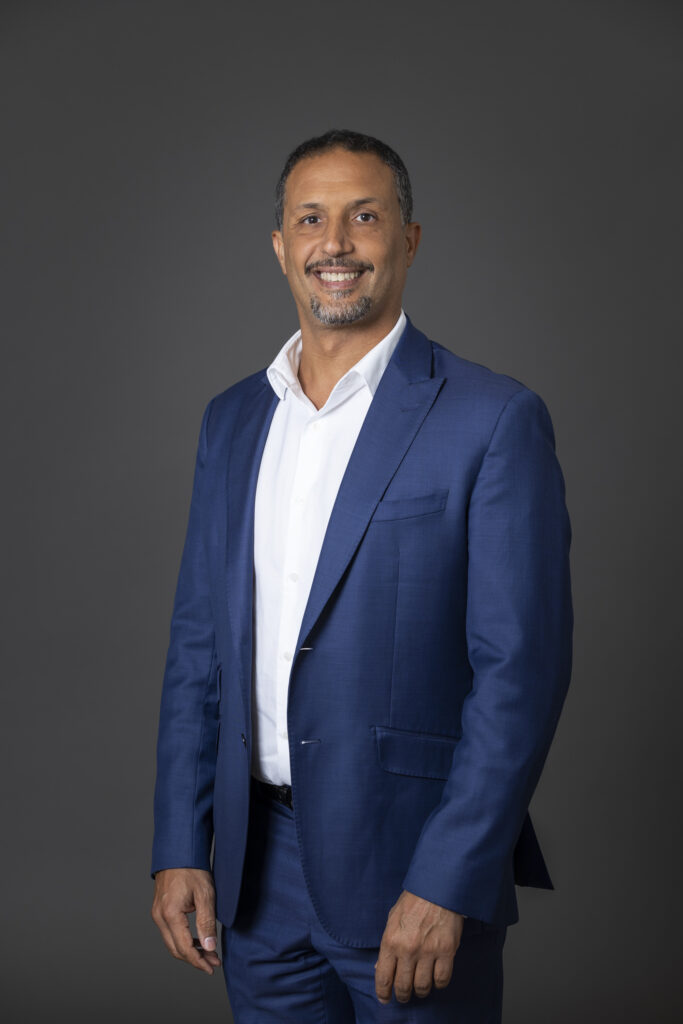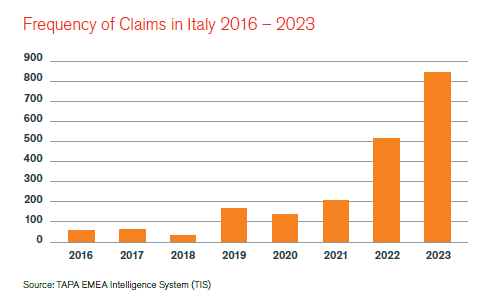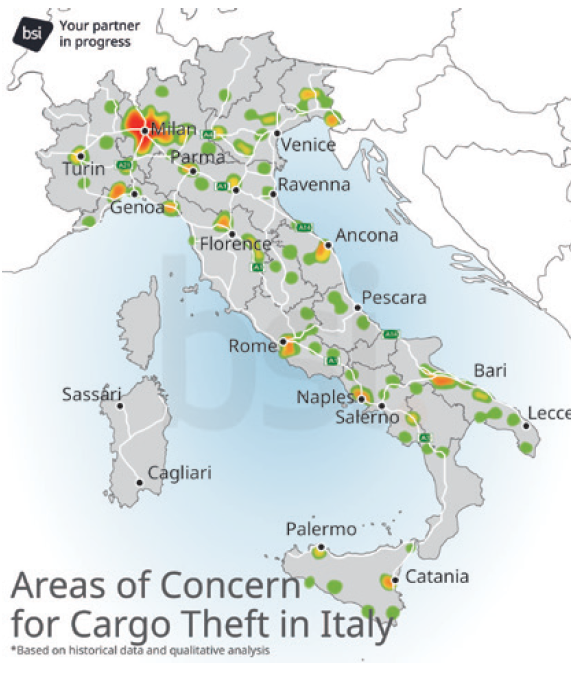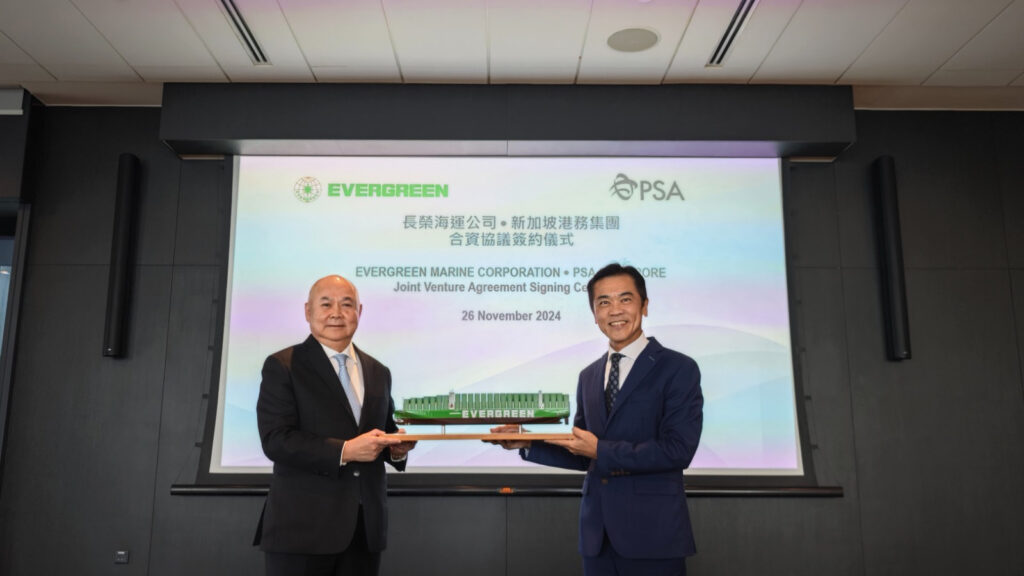Kawasaki Kisen Kaisha, Ltd.
Kawasaki Kinkai Kisen Kaisha, Ltd.
“K” Line Wind Service, Ltd.
EGS Survey Pte Ltd
EK Geotechnical Survey LLC
EK Geotechnical Survey LLC (EKGS), which is a joint venture between “K” Line Wind Service (KWS, a joint venture between Kawasaki Kisen Kaisha Ltd. (“K” LINE) and Kawasaki Kinkai Kisen Kaisha Ltd. (“K” LINE KINKAI)) and EGS Survey Pte. Ltd. (EGS) held an unveiling event for the marine geotechnical survey vessel EK HAYATE at Hiroshima Port during the last week of November. Around 120 visitors toured the vessel, mostly comprising representatives from the offshore development sectors of wind power generation, carbon capture and storage (CCS) and marine infrastructure construction.
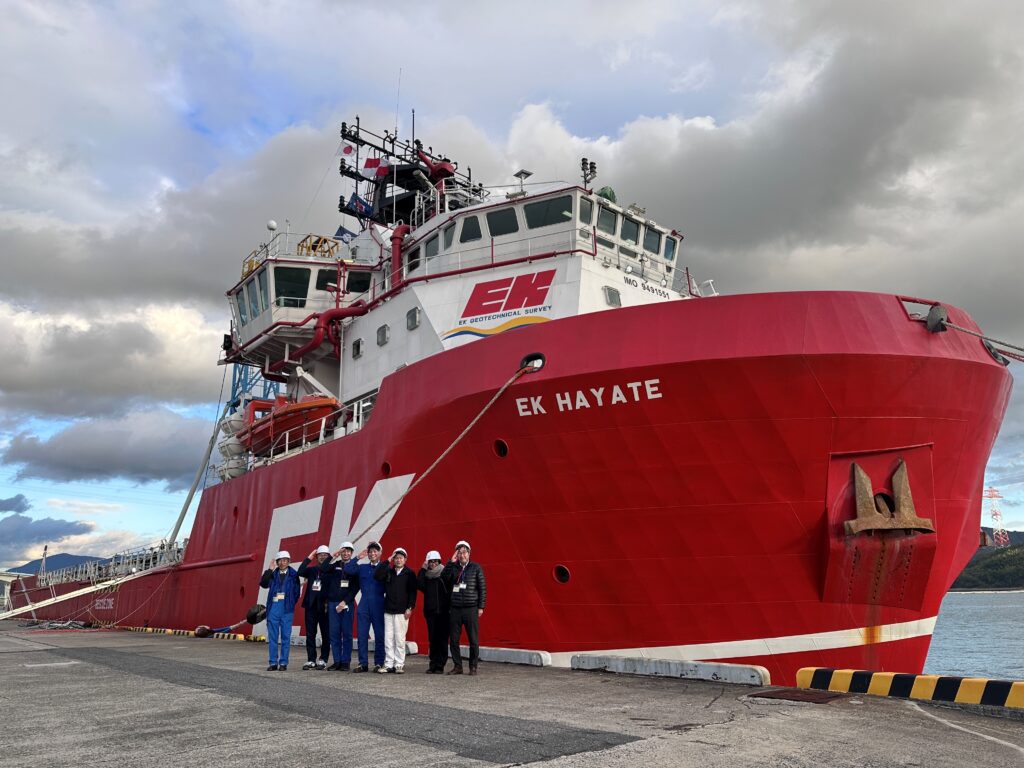
Geotechnical survey can clarify the subsurface structure of the seabed, to determine feasible areas for the implementation of offshore wind power and consider the layout planning and design of the facilities. The Japanese-owned and flagged vessel is currently based in Hiroshima and is available for forward booking for geotechnical survey campaigns in 2025. The twin tower drilling apparatus has an established track record with EK HAYATE’s former sistership which proved invaluable for securing early confirmation of compatibility between vessel and deck operations.
Sampling, in-situ testing and laboratory test services are coupled with stable station-holding capabilities to deliver an efficient survey program.
In addition to EK HAYATE, EKGS will continue to provide high-quality marine survey services by utilizing “K” LINE Group’s and EGS Group’s respective vessels to meet demand in this busy sector.
| Length Overall | 78m |
| Beam | 17m |
| Drought | 6.3m |
| Deck Area | 750㎡ |
| Total Berths | 50 people (including the vessel’s crew) |
| Flag | Class NK |
| Home Port | Kure (Hiroshima) |
KWS
KWS is a joint venture between “K” LINE and (“K” LINE KINKAI) and has been functioning, since its establishment in 2021, as a business platform of “K” LINE Group for any vessel and transportation business servicing Offshore Wind projects in order to contribute to the offshore wind development to reach carbon neutrality in Japan by 2050. KWS will continue to provide offshore support vessel services with “K” LINE Group’s fleet and further expand the expertise to various types of offshore wind vessels.
EGS
EGS Survey Pte Ltd is part of the EGS Group. Founded in 1974, EGS is a marine survey company with offices around the world, including Asia, Australia, Americas, Europe and the Middle East. EGS provides marine geological survey services for offshore infrastructure development including renewable energy, oil and gas and telecommunications and has a strong reputation for professional integrity in data acquisition, analysis and reporting. In Japan’s coastal waters, EGS has over 20 years of track record of survey services for submarine telecommunication cables.
Related Release
October 3, 2024: ESTABLISHMENT OF A JOINT VENTURE FOR OFFSHORE GEO-SURVEY
―Delivery of geo-survey vessel EK HAYATE to Japan―
https://www.kline.co.jp/en/news/carbon-neutral/carbon-neutral-20241003.html











